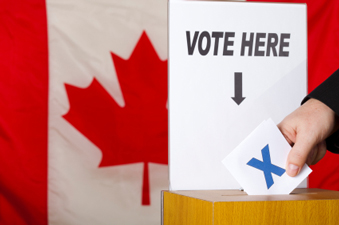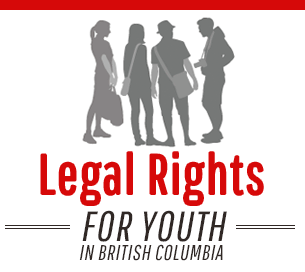
Canadians have legal responsibilities as well as rights. Everyone in Canada must follow the law. Saying that you didn’t know the law is no excuse to disobey it, and you must obey a law even if you don’t like it. People in the government, the police, and the army must obey the law, too.
Laws in Canada can change. You can work with other Canadians to seek changes to the law through peaceful means. Canadians write letters, organize political protests, work with political parties, or join groups of people who have the same ideas as they do. Changing the law this way takes a lot of time and work, but most Canadians believe that slow, peaceful change is best.
Who Makes the Laws?

Canadians vote for people to represent them in the federal, provincial, and local governments. The people who get the most votes become our elected representatives. It is their job to make the laws.
Most elected representatives try to do what they think is best. They want to know what Canadian people think. Most of them try to speak to the citizens they represent. People also give their opinions at public meetings and at meetings of citizens’ groups. When enough Canadians are unhappy with any of their governments, they vote for other representatives and change the government.



